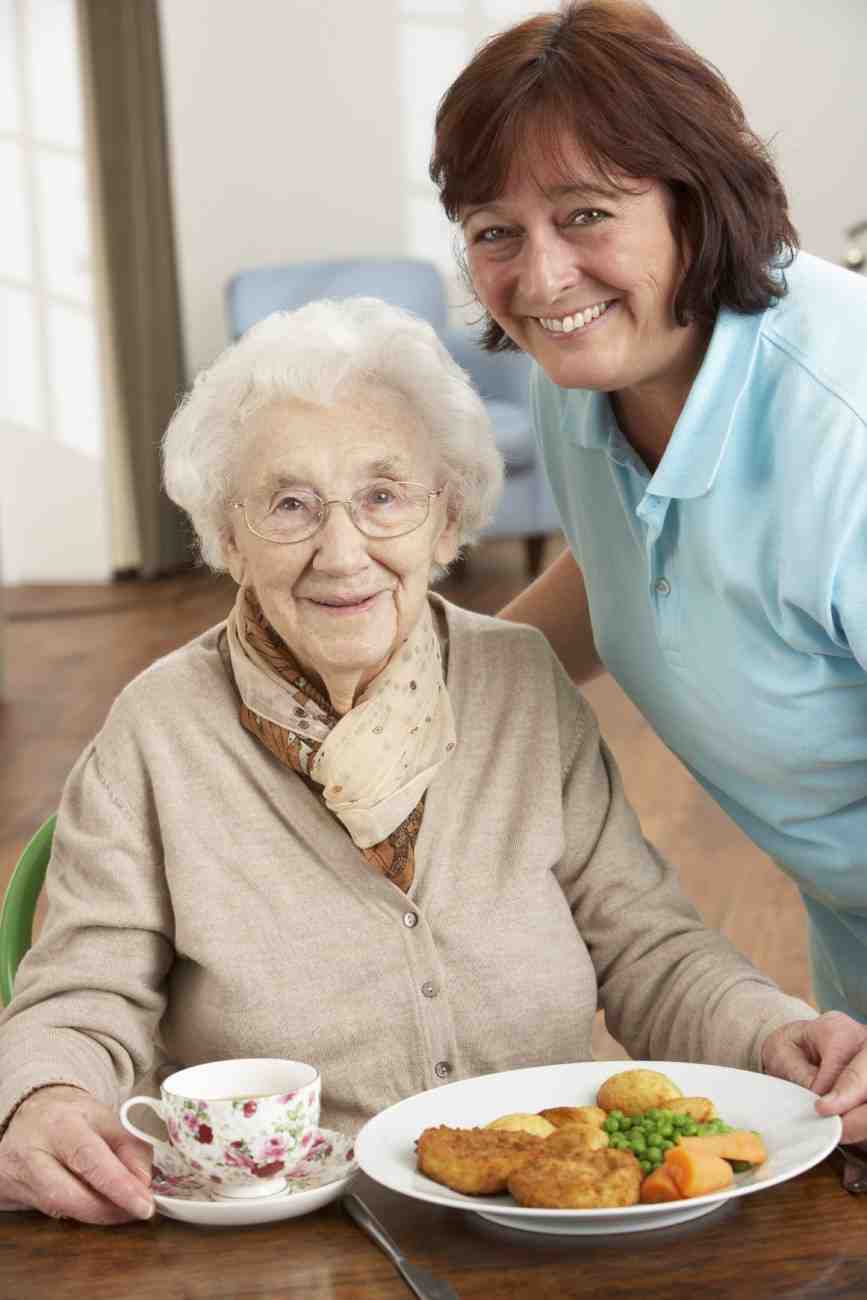As we age, the desire to remain independent and live comfortably in our own homes becomes increasingly important. Ageing in place is a priority for many older adults, and thankfully, domiciliary services are here to make that dream a reality. But what exactly are domiciliary services, and how can they help promote healthy ageing at home? Let’s dive into the key ways these services support older adults in maintaining their health, safety, and quality of life.
What Are Domiciliary Services?
Domiciliary services, also known as home care services, provide assistance to individuals in their own homes, ranging from help with daily activities to specialized medical care. These services can include anything from personal care (like bathing, dressing, or mobility assistance) to support with household tasks (such as cleaning or meal preparation), as well as skilled nursing care for more complex health needs.
1. Personalized Care That Enhances Independence
One of the biggest benefits of domiciliary services is the ability to provide personalized care tailored to each individual’s unique needs. This customization allows older adults to continue to live independently while still receiving the help they require.
Whether it’s assistance with getting out of bed, managing medications, or navigating daily routines, domiciliary care ensures that elderly individuals can maintain their autonomy without sacrificing their safety or health. This blend of support and independence fosters a sense of empowerment, which can greatly boost mental well-being.
2. Health Monitoring and Management
Chronic conditions such as arthritis, diabetes, or heart disease can make it more challenging to manage health independently as we age. Domiciliary services often include skilled nursing care that helps with health monitoring, such as regular blood pressure checks, medication management, and ensuring adherence to prescribed treatments.
Moreover, trained caregivers can recognize early warning signs of potential health issues, which means that interventions can happen before a condition worsens. This proactive approach to health management reduces hospital readmissions, decreases the risk of complications, and contributes to overall well-being.
3. Emotional Support and Socialization
Aging can sometimes lead to feelings of loneliness or isolation, particularly for those living alone. Domiciliary services are more than just physical care—they also provide emotional support. Caregivers can offer companionship, engage in conversation, and participate in activities that stimulate cognitive function, such as reading, puzzles, or simple outings.
Social interaction is key for mental and emotional health, and having a caregiver or service provider regularly check in can significantly reduce feelings of isolation. Additionally, caregivers can help connect older adults with local social activities or community programs to maintain a healthy social network.
4. Promoting Physical Activity
Staying physically active is one of the most important aspects of healthy aging. While many older adults may not feel comfortable going to a gym or engaging in strenuous exercise, domiciliary services can help promote physical activity at home. Caregivers can assist with mobility exercises, walking programs, and stretching routines designed to improve balance, flexibility, and strength.
By staying physically active, seniors can reduce the risk of falls, manage their weight, and improve overall physical health. Plus, regular exercise has been shown to boost mood and cognitive function, helping seniors to feel better both physically and mentally.
5. Nutrition and Meal Preparation
Proper nutrition is critical to healthy aging, yet older adults often struggle to prepare nutritious meals for themselves. Domiciliary services often include meal preparation or assistance with grocery shopping, ensuring that seniors have access to balanced meals that meet their specific dietary needs.
By having a caregiver assist with meal planning, preparation, and even feeding when necessary, older adults can enjoy the benefits of a healthy diet without the stress or difficulty of cooking for themselves. This support can help manage medical conditions, boost energy levels, and enhance overall well-being.
6. Safety and Fall Prevention
Falls are one of the leading causes of injury among older adults, but many falls can be prevented with the right support in place. Domiciliary services can help create a safer home environment by addressing hazards, such as loose rugs, poor lighting, or uneven flooring.
Additionally, caregivers can assist with mobility, helping older adults move around safely, and use assistive devices such as walkers or canes when necessary. The presence of a caregiver can also give family members peace of mind, knowing that their loved ones are being looked after and are less at risk for accidents.
Conclusion
Domiciliary services are a powerful tool for promoting healthy aging at home. They provide not only physical support but also emotional, social, and mental care, all of which contribute to a higher quality of life. For seniors who want to remain in their homes as they age, domiciliary services make it possible to do so safely, comfortably, and with dignity.
Whether it’s helping with daily tasks, managing health conditions, or providing companionship, domiciliary services can make all the difference in ensuring that aging adults live their best lives, in the comfort of their own homes.

